<< Previous | Displaying results 31-40 of 53 for "homosexuals" | Next >>
Jews were the main targets of Nazi genocide. Learn about other individuals from a broad range of backgrounds who were imprisoned in the Nazi camp system.
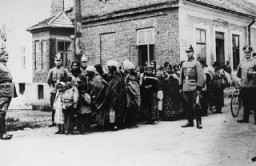
Explore a timeline of the history of the Flossenbürg camp in the Nazi camp system from its establishment in 1938 until liberation in 1945.
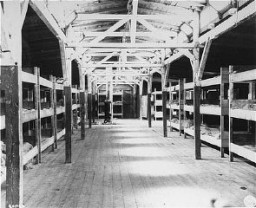
Gerhard and Margot's mother came from a Protestant family. She met her future husband when she went to work in the telephone exchange at his company. She converted to Judaism in 1920. The couple married in 1920, and in 1923 had their twins Gerhard and Margot. Both Gerhard and Margot would become active in Jewish youth movements, and took on Hebrew names (Gad and Miriam). On February 17, 1943, Gad was ordered to report to the temporary internment camp established at a former Jewish community building on…
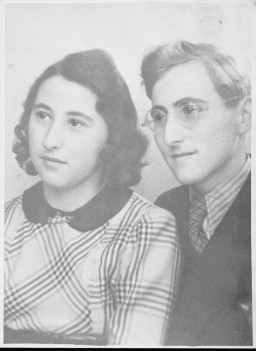
As a young boy growing up in Berlin, Harry developed a love for the theater. At 15 he began acting in minor roles at a theater at the Nollendorfplatz. He was also apprenticed to a hairdresser but disliked the work. He spent most of his time with other actors, both at the theater and in nightclubs where gay men gathered. 1933-39: When the Nazis came to power, they closed the gay bars. Some gay men, especially those who were Jewish, were killed by Nazi sympathizers; Harry's friend "Susi," a drag queen, was…
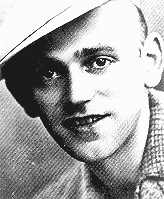
Karl was born in the small town of Bad Zwishenahn in northern Germany. When he was 2, his family moved to the port of Bremerhaven. His father was a sailor and his mother became a nurse in a local hospital. After his father died, Karl continued to live with his mother. Karl was 20 when he began training as a deacon at his parish church. 1933-39: Karl was 26 when his jealous lover denounced him and he was arrested at his house under Paragraph 175. Paragraph 175 was a statute of the German criminal code that…
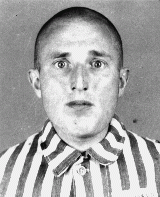
Behind the number of victims of the Holocaust and Nazi persecution are people whose hopes and dreams were destroyed. Learn about the toll of Nazi policies.
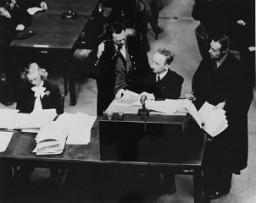
The Nazi regime established the Buchenwald camp in 1937. Learn about the camp’s prisoners, conditions there, forced labor, subcamps, medical experiments, and liberation.
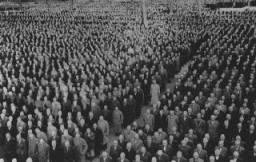
Antisemitism: hostility toward or hatred of Jews as a religious or ethnic group, often accompanied by social, economic, or political discrimination. Appellplatz: German word for roll call square where prisoners were forced to assemble. Aryan: Term used in Nazi Germany to refer to non-Jewish and non-Roma (Gypsy) Caucasians. Northern Europeans with especially "Nordic" features such as blonde hair and blue eyes were considered by so-called race scientists to be the most superior of Aryans, members of a…
Nazi ideology aimed to promote the myth of an ideal national community and label those who were to be excluded from it as enemies. Propaganda was essential in promoting such myths.
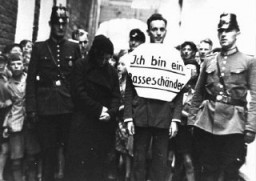
Nazi Germany and its allies established over 44,000 concentration camps and incarceration sites during the Holocaust. Read about the Nazi camp system.
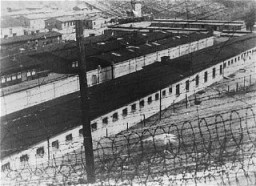
We would like to thank Crown Family Philanthropies, Abe and Ida Cooper Foundation, the Claims Conference, EVZ, and BMF for supporting the ongoing work to create content and resources for the Holocaust Encyclopedia. View the list of donor acknowledgement.